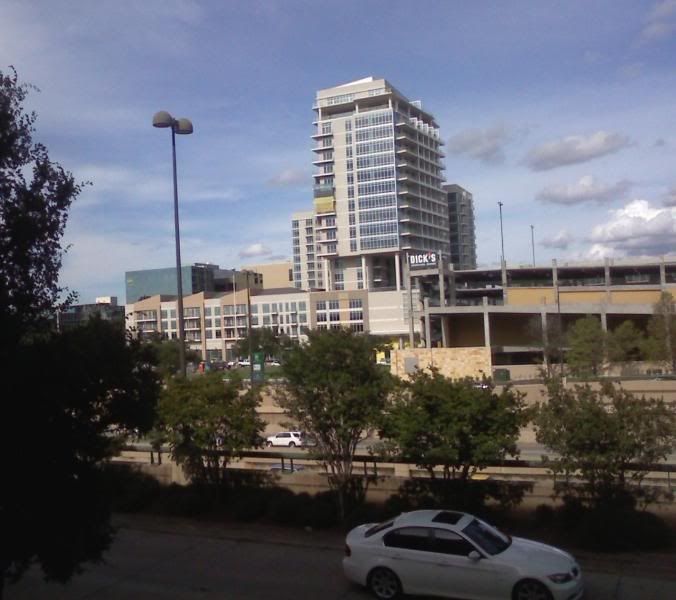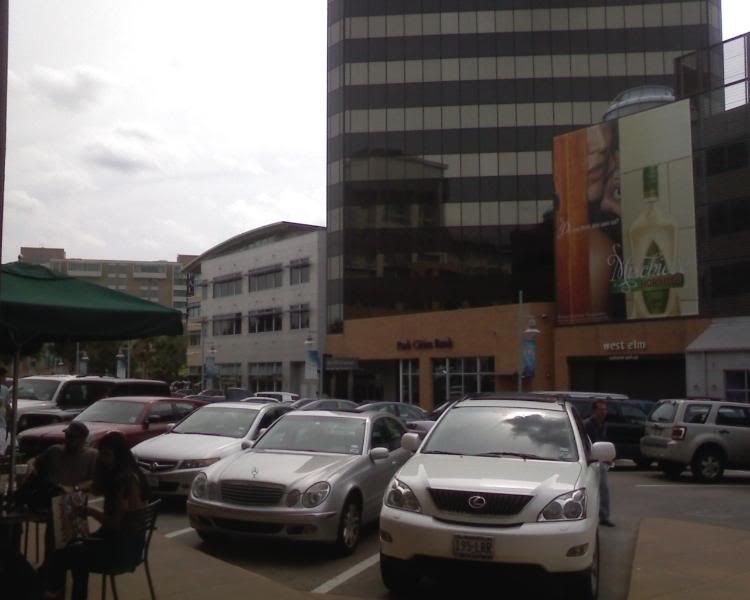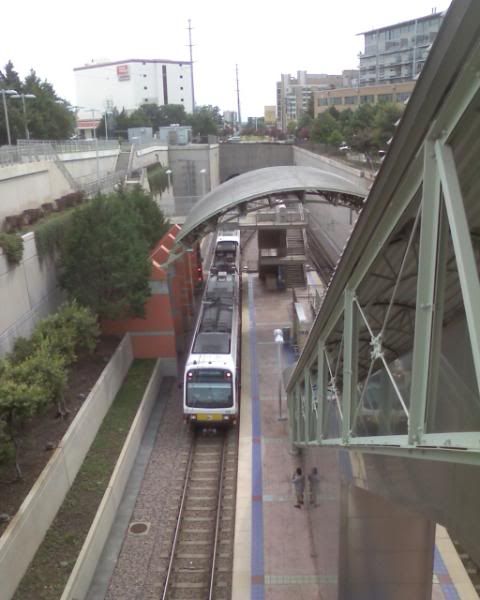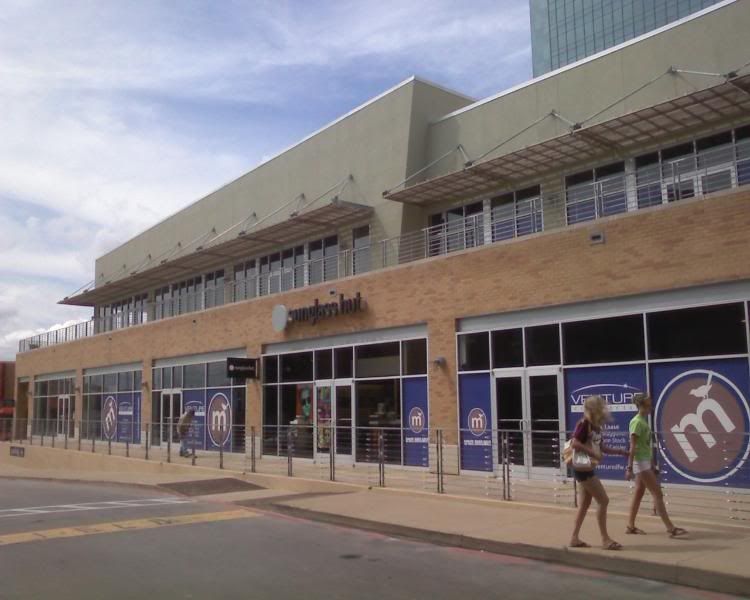Did you even glance at the status report? No, developers did not build the station, but whether the station is IN the development or a part of the development is meaningless as long as development is occurring as a result of the station being nearby. Is it as extensive as Mockingbird? No. But there is no doubt that the stations themselves were a catalyst for TOD. More so on the SE line.
And everything I'm reading about Mockingbird states that it was built around the station. Not one article, report, or fluff piece says anything about the developer, Hughes Development, actually constructing the LRT platform itself. Are you confusing the name of the entire development, Mockingbird Station, with the actual construction of the physical LRT platform? I'm seriously interested in knowing, because I have not heard of such an example for any system.
ULI Article
DMN Article (page 6)




 Reply With Quote
Reply With Quote





Bookmarks